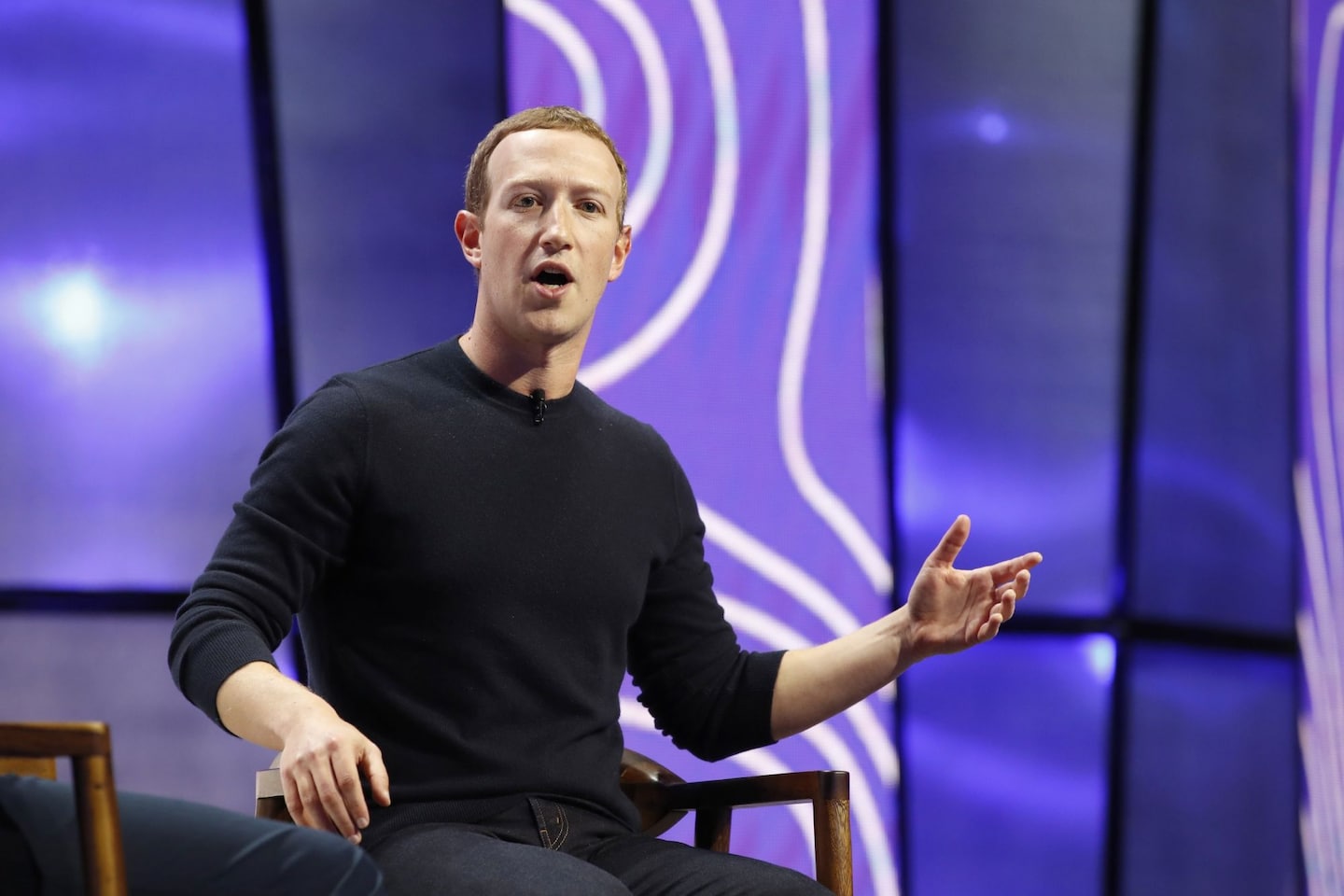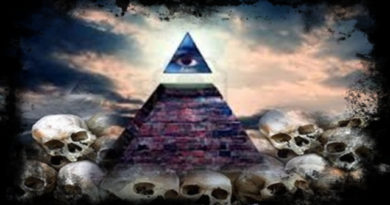Mark Zuckerberg’s reversal on Holocaust denial is a 180

The reversal of that stance on Monday is a striking reminder of how Facebook is belatedly caving to criticism that the company has not done enough to prevent hate from spreading on its platform and has been slow to acknowledge the connections between misleading information, strategic disinformation and violent acts.
Zuckerberg said in a blog post that his “thinking has evolved” after seeing data showing an increase in anti-Semitic violence.
Jewish groups applauded the move but wondered why it took Facebook a decade to listen.
“Since 2011, ADL has been calling publicly and privately for Facebook to change its policies to classify Holocaust denial on its platform as a form of hate speech, because Holocaust denial is most certainly hate speech,” Anti-Defamation League CEO Jonathan A. Greenblatt said in a statement. “While Facebook has made numerous positive changes to its policies since that time, it stubbornly had held onto this outrageous platform policy, even in the face of the undeniable threat of growing anti-Semitism and anti-Semitic violence around the world.”
When Zuckerberg defended Holocaust denial in an interview in 2018, he said it was because it was difficult to know the intentions or motives of those denying it. “At the end of the day, I don’t believe that our platform should take that down because I think there are things that different people get wrong. I don’t think that they’re intentionally getting it wrong,” he said, adding that as a Jewish person, he found Holocaust denial to be personally offensive.
The comment provoked immediate uproar from researchers and Jewish groups, who for years have documented how promoting the conspiracy theory that Nazi Germany did not kill 6 million Jews and millions of others during the Second World War is part of a broader anti-Semitic strategy.
Facebook banned the term “white supremacy” and neo-Nazi groups at the time, but that ban was narrow enough that it was easy for hateful movements to flourish on the platform using other names and terms. For example, the company didn’t have policies banning terms such as “white nationalism” and “white separatism” until 2019 (the term alt-right is currently permitted).
YouTube banned Holocaust denial videos in 2019, calling such conspiracies “hateful.”
This summer, civil rights groups organized a large advertiser boycott of Facebook. Removing Holocaust denials was one of the demands of the boycott, echoing the near decade-long request from Jewish groups.
With the coronavirus and the election in 2020, Facebook has drastically shifted its stances on misinformation. For years, the company allowed misinformation. In 2018, it created a program to attach fact-checking labels to misleading articles.
This year, Facebook prohibited covid-19 misinformation, as well as a host of election-related misinformation, including false statements about election results or the status of polling places. The company has banned political ads after the election.
*** This article has been archived for your research. The original version from The Washington Post can be found here ***


